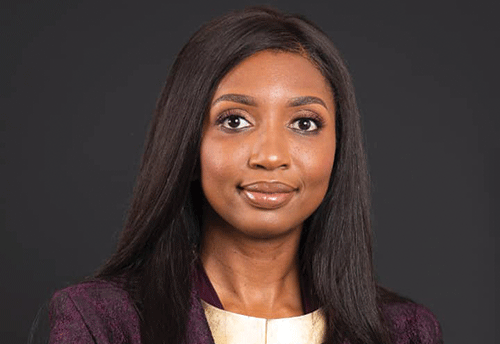Morna Ikosa
The impact of violence on women is catastrophic and has devasting long-lasting effects on their physical and mental health. These effects can lead to abortions, depression and baby dumping – to mention a few. It is, therefore, important to understand the different forms of violence and harassment and seek the necessary assistance.
One of the forms of harassment is workplace bullying. This type of harassment can be deliberate, unsolicited and coerced. It involves blackmailing and occurs where there is improper use of a position of influence or power. It also involves retaliation, which occurs when the perpetrator is reported, and then he/she finds ways to “punish” the victim/survivor.
Gender-based violence is another form of harassment. It is now seen as a non-communicable disease and pandemic, which affects the physical and mental health of the victim/survivor. It constitutes the following elements: sexual exploitation; abuse and harassment; violence and harassment, and financial abuse.
It can happen once or continually. It is often directed towards people because of their sexual orientation or gender.
If you experienced any of the above types of harassment, what now?
It is important how you view yourself in this experience. Are you a victim or a survivor? A victim reacts.
He/she emphasises the negative impact that the violence or harassment has had on them. A survivor responds. He/she places emphasis on his/her ability to choose how to respond and what will happen on the way forward. He/she is an active participant in the decision-making process, as it pertains to the experiences he/she went through.
If you have ever experienced harassment or violence,
which role did you play?
Mary* (not her real name), the lady I referred to in my previous article, decided not to pursue the sexual harassment matter because she was scared the guy would lose his job, and he would make her life difficult. Based on the above roles, do you think she is a victim or a survivor?
Women like Mary are protected by robust policies and a stringent legal framework in Namibia. According to the 2020 Ibrahim Index of African Governance (IIAG), “Namibia and the Republic of Central Africa were the only countries to score 75 and above out of 100 for having effective legal mechanisms for protecting women against violence. Sadly, many African countries had an average score of 35.4 (out of 100) in 2019 when it came to protecting women against violence and harassment”.
The World Health Organisation report of 2021 stated that in Namibia, “One in three women experience physical and/or sexual violence – and most of them are perpetrated by intimate partners. 6% of Namibian women reported experiencing violence during pregnancy, and 15% who experienced violence never sought help or told anyone about the violence”.
Why is it important to have this discussion?
Namibia is one of the 198 nations that have committed to implementing the 17 United Nations Sustainable Development Goals (SDGs). The United Nations General Assembly emphasised that “Violence against women is a fundamental obstacle to the achievement of equality, development and peace globally”.
Hence, one of the SDGs is focused on gender equality. Goal 5, which focuses on gender equality, seeks to “End all forms of discrimination against all women and girls everywhere and eliminate all forms of violence against all women and girls in the public and private spheres, including trafficking as well as sexual and other types of exploitation (to mention a few).
The IIAG found that even after all the relevant UN declarations on ending violence, discrimination and harassment have been made, cases of violence are still on the increase. They further found that the global cost of violence against women is estimated to be U$1.5 trillion.
Why are the cases increasing? Let us delve into this question further next week.
*Morna Ikosa is a seasoned communications and stakeholder engagement consultant. With a specific affinity for sustainable development & is a certified workplace violence and sexual harassment expert. Find her on LinkedIn or email her at micommunicationscc@gmail.com


